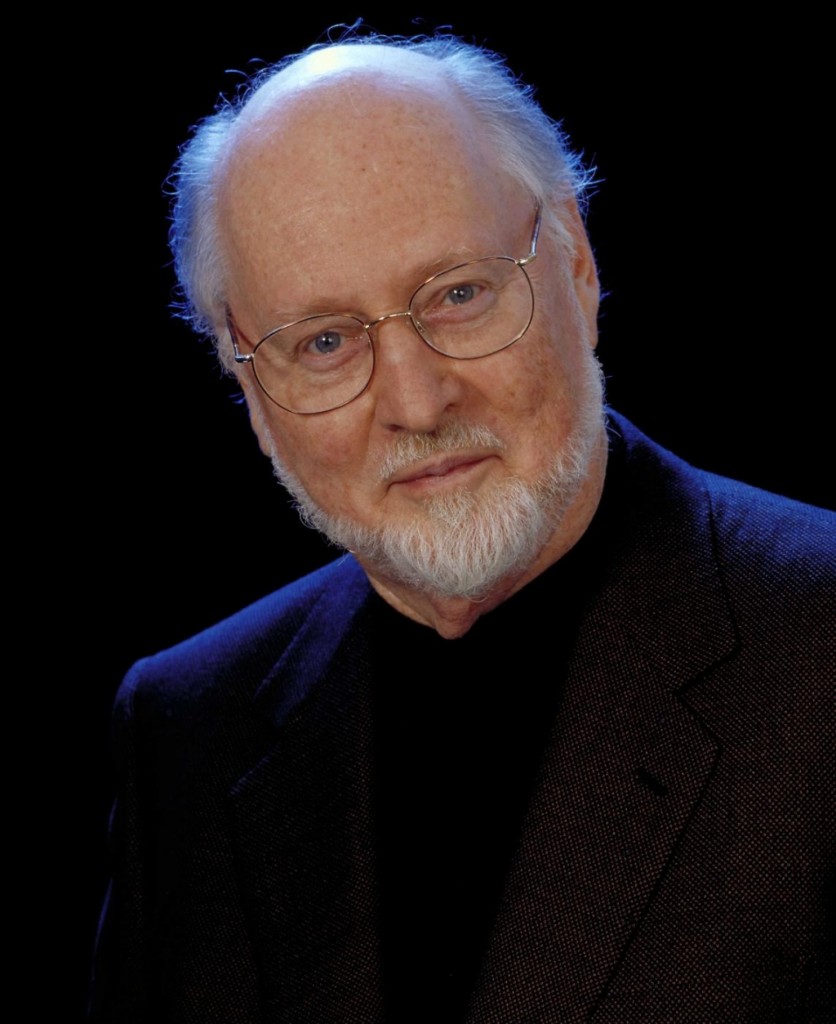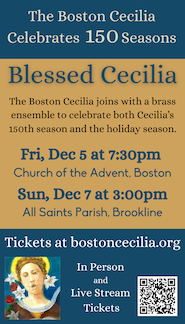John Williams’ 81st birthday marked with release of his Oboe Concerto

John Williams
As an early octogenarian, John Williams shows little sign of slowing down. He continues to work in the medium for which he has garnered world-wide acclaim and high-profile awards (his score to Lincoln is up for an Academy Award). And in recent years he has added a healthy number of concert works to his vast catalogue of film scores.
Laureate conductor of the Boston Pops, Williams is intimately familiar with Boston’s orchestral musicians, and he has penned a number of such works for some of the top-shelf Pops and BSO performers. In 2009 alone, he completed concertos for harp (in honor of Ann Hobson Pilot’s retirement) and viola (for BSO assistant principal violist Cathy Basrak).
To honor his 81st birthday on Friday, the Boston Pops is releasing a live recording of Williams’ latest work in the medium, the Oboe Concerto, written for Pops principal and BSO assistant principal oboist Keisuke Wakao. The recording captures the May 2011 world premiere, when Wakao performed the concerto with the Pops under the composer’s baton.
The three-movement work for oboe and string orchestra combines the pastorale style of Vaughan Williams’ own Oboe Concerto with the nipping dissonances of Copland’s Quiet City and the clear orchestral texture of Mozart’s concerti into a sound that is quintessentially John Williams: an accessible style rooted in the conservative tonal writing, lush strings, and sweeping melodies that saturate his well-known film themes.
Prelude, the opening movement, features Wakao in elegant and sweetly-toned playing in call-like phrases, which are answered and expanded by free-flowing rhythms in the strings.
The more sedate Pastorale features Wakao in more static, melancholic passages. As the strings pick up the pace, Wakao controls the delicate octave leaps with fine but subdued expression. By movement’s end, his tone obtains a light, breathy quality.
The third movement Commedia, as the title suggests, is a spritely, effervescent affair. After jagged string passages open the movement, the oboe and orchestra engage in light dialogue, sometimes with bright filigree over gently chugging strings, at others with soaring oboe phrases in combination with punctuated chords.
Wakao’s playing is artful throughout, and the Pops strings, under Williams’s stately tempos, perform with round and appropriately understated tone, giving the music an emotional distance without sacrificing its composer’s familiar musical language.
The recording will be available for download at bso.org, iTunes, and Amazon.com February 8.
Posted in News
